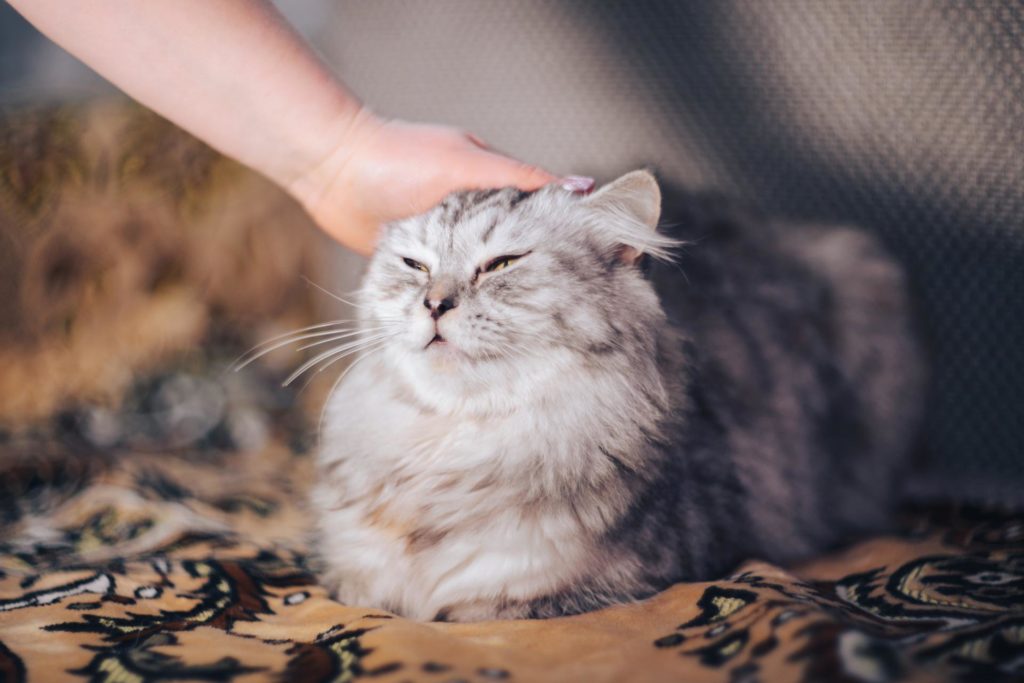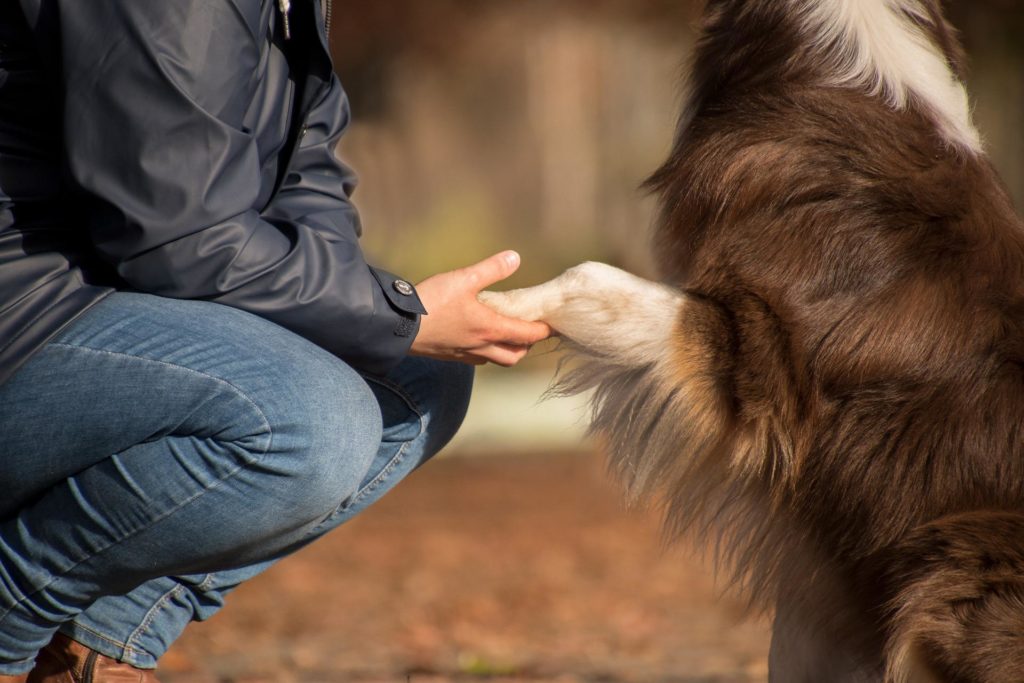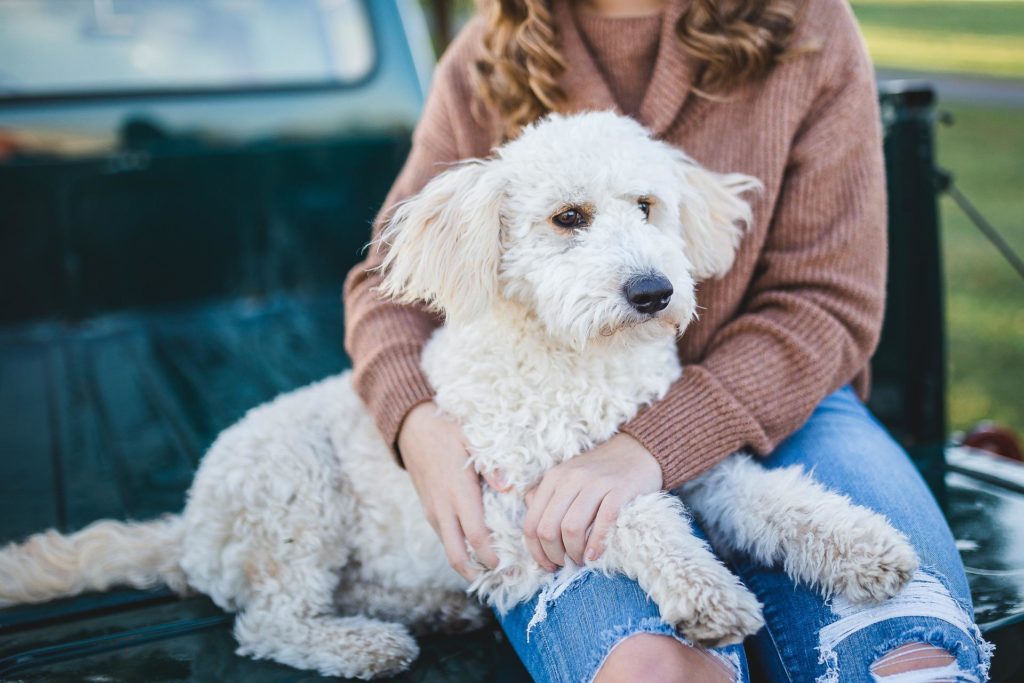As living beings with complex health and wellness needs, your pet deserves a plan in the event of your passing. Though the thought of dying is a difficult topic, as a pet parent it is important that you responsibly and thoughtfully prepare for such an event. Just as you leave a will behind to ensure your family affairs are addressed according to your wishes, you need to provide a support system and resources for the beloved pet or pets you may one day leave behind.
It may seem strange that our lively pets so full of personality and endearing quirks are considered as part of our regular property—like other non-sentient things you own—but that is how the law categorizes your dear animal. So it’s up to you to manage your estate—especially the affairs of your pet—with a detailed plan in case you pass before they do. Below are four tips for selecting the best person or people to serve as guardians for your pet in case you are no longer able to care for them.
1. Choose People Who See Your Pet as a Family Member
The truth is many people in your family or circle of friends may not understand that your pet or pets are considered to be beloved members of your family. Our pets become deeply rooted into our family’s experiences, memories, and relationships and therefore share that love and loyalty that any other member of our family would expect. Unfortunately, some people don’t espouse that view of the importance and value of a family pet—and it is not our role to judge them for those personal perspectives. It’s okay not to want to have to care for a pet.
When choosing a guardian for your pet in the event of your death, don’t reach out to someone like a sibling or best friend simply because you feel they are obligated to take on the responsibility out of blood relations or shared history. Instead, choose someone who shares your understanding that pets are indeed part of a family, and that pets need a family to go to when suddenly the current one they belong to is no longer an option. Choose someone who will love your pet because they love you AND your pet—and know it is a privilege to be given this heartfelt and fulfilling responsibility to add another life to their own family.

2. Choose People Who WANT to be Pet Parents
Suddenly inheriting the responsibility of taking care of a pet can be an overwhelming experience for many people. As we mentioned, not everyone wants to be—or would be good at being—a pet parent. And that’s fine. It’s okay for others to let everyone know that they do not want a pet, and there is no need for those folks to feel they need to explain why. Not wanting a pet is a personal decision, just like deciding you do want a pet. If anything, people who are candid about not wanting to inherit a pet are doing everyone involved in the pet guardian selection process a big favor that will save everyone heartache, including the pet, in the long run.
Remember: some people are allergic to pet dander, fur, or other aspects of pet grooming, feeding, and ownership. Other people may have had a negative experience with a pet earlier in life that shaped their perspective on pet ownership and pets in general. And still others have personal reasons such as financial constraints, lifestyle concerns, and simply the inability to provide the care pets require.
So, before you approach someone important in your life with the responsibility of taking care of your pet should you pass, make sure they would actually want the job. Yes, your beloved pet filled your life with joy and meaning, and it may seem counterintuitive to not want that same experience. But all people are different and for some owning a pet would be a negative or unwanted experience.
3. Choose People Who Understand the Requirements of Commitment
People who have owned pets or currently have pets understand what being committed to caring for a pet entails. This does not mean, of course, that folks who have never owned a pet should be disqualified as an option for being a designated pet guardian. But understanding the spectrum of responsibilities that come with providing for a pet are essential. Being a pet guardian requires a serious assessment of one’s ability to provide the time, love, attention, energy, and financial resources required to afford a meaningful quality of life for an animal.
People who have experience with this commitment are better able to assess their ability to take on a new pet should they inherit the responsibility. Remember: the obligations of the pet guardian directly correspond with the health, life expectancy, and emotional and physical status of the animal they are being charged with caring for. This is a major undertaking.
Oftentimes, it is older pet parents and owners who feel the need to choose a pet guardian because they themselves are facing tough end-of-life decisions. This means they themselves have older pets, which require more financial and healthcare resources than younger pets that require fewer medications, trips to the veterinarian, and other costly medical conditions. So make sure your selected pet guardian understands the full scope of what resources need to be invested into providing for the particular adopted pet.

4. Temporary Pet Godparents and Pet Guardians Are Okay Too
If no one in your family or network of friends and associates is able to provide long-term care for your pet, consider people who are able to make a shorter-term commitment to supporting your beloved animal. While this may seem like a less-than-ideal option, don’t underestimate the ability of shorter-term pet parents to find an excellent home for your pet. Finding the perfect home for your pet after you are gone can take time, and these types of arrangements guarantee your animal will be safe and happy until a long-term solution can be found.
It is, however, important to make sure the pet guardians you select understand that while a short-term commitment sounds easier, it still requires a major commitment and lifestyle changes for them and their families. Adding an animal that could be suffering emotional trauma from the loss of its owner can be a profound challenge for any person or family who adopts a pet for any length of time.
So do your best to provide as many of your own resources as possible to help your short-term pet guardian find a long-term pet parent for your animal. Sometimes simply having enough time and money to support an adopted pet can be the key to finding the perfect environment to rehome them. And, sometimes, those temporary solutions end up being long-term solutions because sometimes in life we—and our pets—don’t realize we need each other until we meet each other.
